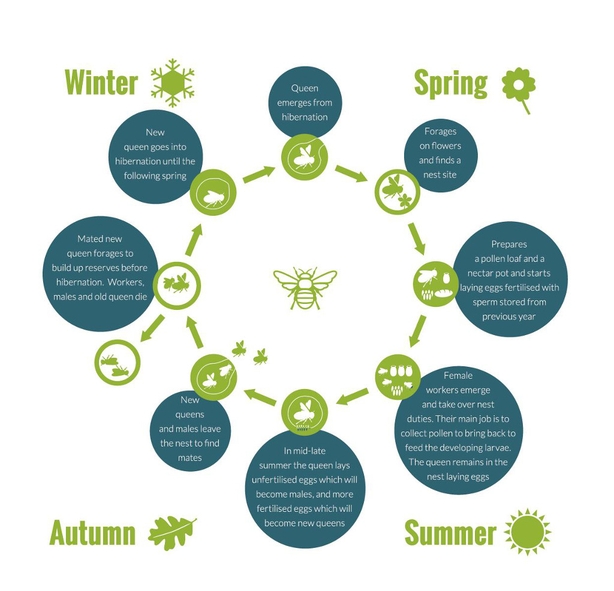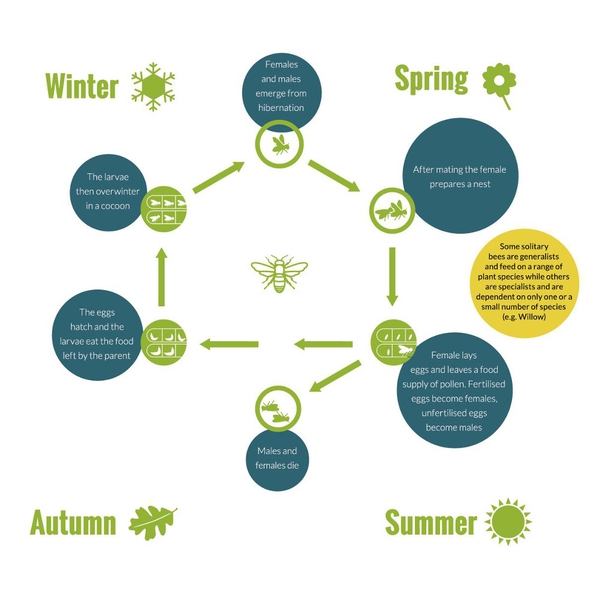A group of 68 governmental and non-governmental organisations has come together to agree an action plan to address the ongoing reduction in the pollinator population in Ireland.
The All-Ireland Pollinator Plan includes measures like encouraging farmers to use pesticides more responsibly.
It also includes the creation of pollinator highways along transport routes and the engagement of the public to make their gardens more pollinator friendly.
Pollinators, like bees and other insects, play a vital role in human food production, worth an estimated €153 billion world-wide, and at least €53m in Ireland each year.
However, a combination of reduced wildflower habitat, the introduction of pests and diseases, and use of pesticides is causing them to starve to death, leading to dramatic reductions in populations.
Scientists say a third of the 98 species of bee in Ireland are threatened with extinction.
Plan unveiled to tackle the decline in Ireland's bee population http://t.co/78J2K5BGKF pic.twitter.com/vWvRW3nj4p
— RTÉ News (@rtenews) September 17, 2015
The All-Ireland Pollinator Plan has 81 actions for farm, public and private land, all based on scientific evidence.
Among the measures are the creation of pollinator highways along transport routes, making public parks insect friendly and raising awareness on how to protect pollinating species.
Those behind the plan say it is also about protecting the livelihood of farmers and ensuring future generations continue to enjoy native wild flowers.
The plan makes Ireland one of the first countries in Europe with a strategy to address the issue.
Bumblebee Lifecycle

Solitary Bee Lifecycle


